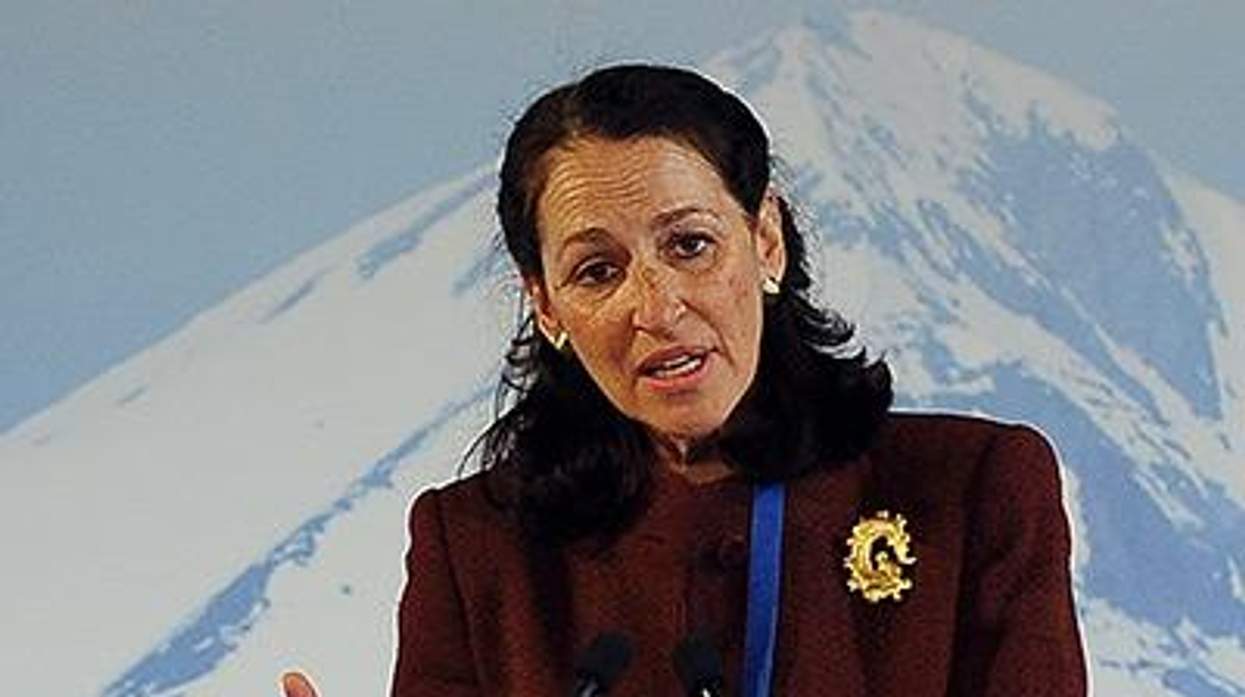Men who have sex with men will be permitted to donate blood, but only after a year-long period of abstaining from male-male sex, according to a proposed policy update the U.S. Food and Drug Association announced Tuesday.
In November the Department of Health and Human Services's Advisory Committee on Blood Safety and Availability suggested easing the current policy, which has barred any man who has sex with other men from donating blood. That rule was implemented in 1983, shortly after the advent of the AIDS epidemic in the United States. Earlier this month, an FDA committee met to recommend easing the policy, resulting in Tuesday's announcement.
The proposed new rule does not fully lift the ban, but will bar men who have sex with men only after abstaining from sex for a year. A spokeswoman for the FDA confirmed to The Advocate that the one-year deferral period begins with the last sexual contact with another man, so men who have sex with both men and women can have sex with women in that year-long period.
The FDA will issue a plan to implement the proposed change to the policy in 2015, which will include an opportunity for public comment.
"We encourage all stakeholders to take this opportunity to provide any information the agency should consider, and look forward to receiving and reviewing these comments," the agency said in a statement Tuesday.
Major blood donation operators and medical organizations including the American Medical Association, the Red Cross, America's Blood Centers, and the Association of Blood Banks have all expressed opposition to the existing ban and the one-year deferment period. Leaders from the Gay Men's Health Crisis in New York say the policy change still promotes fear of and stigma against HIV and gay and bisexual men.
"Some may believe this is a step forward, but in reality, requiring celibacy for a year is a de facto lifetime ban," the organization said in a statement. "By implementing this policy, the FDA will continue to fan the flames of the outdated stereotype that HIV is only a 'gay disease.'"
Last week, U.S. Senator Tammy Baldwin led more than 75 members of Congress in calling on HHS Secretary Sylvia Burwell to end the ban. Baldwin, the only openly LGBT senator currently serving, said she looks forward to seeing what the next steps will be in completely removing the discriminatory ban.
"While this announcement represents needed progress, I remain concerned that it does not achieve our goal of putting in place a policy that is based on sound science and allows all healthy individuals to donate," Baldwin said. "The Administration must continue to work towards implementing blood donation policies based on individual risk factors instead of singling out one group of people and turning away healthy, willing donors, even when we face serious blood shortages."
David Stacy, the Human Rights Campaign's government affairs director also says the new policy falls short of what was hoped for by advocates.
"This new policy cannot be justified in light of current scientific research and updated blood screening technology," he said in a statement. "We will continue to work towards an eventual outcome that both minimizes risk to the blood supply and treats gay and bisexual men with the respect they deserve."
Ian Thompson of the ACLU says the step must be seen "as part of an ongoing process, and not an end point. The reality for most gay and bisexual men - including those in committed, monogamous relationships - is that this proposal will continue to function as a de facto lifetime ban."















Charlie Kirk DID say stoning gay people was the 'perfect law' — and these other heinous quotes
These are some of his worst comments about LGBTQ+ people made by Charlie Kirk.